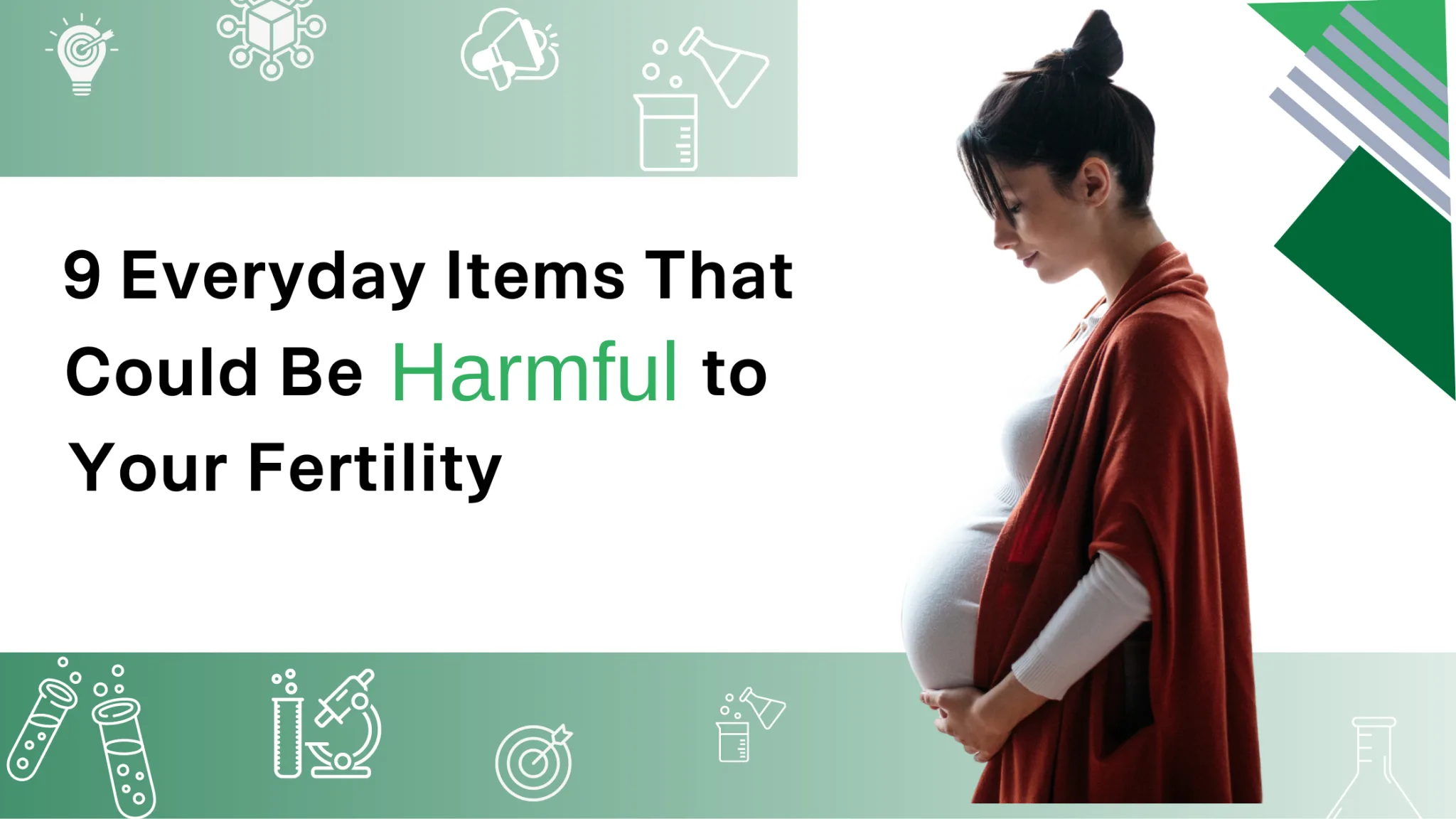Using an Ovulation Tracker in 2025: Achieve Your Motherhood Goals!
FertilityIf you ask us to define ovulation in a single, precise sentence; we would say that it’s your body’s natural timing. It is the consequential moment when a mature egg is released from your ovary. However, ovulation doesn’t always occur 14 days before your next period. Every woman’s cycle has its distinguishable rhythm, and even regular cycles may often throw tantrums. The familiar ones can surprise you with unpredictable variations. If you’re on a mission to pinpoint your window, an ovulation tracker could be your magic mantra.
In 2025, ovulation trackers remain an indispensable tool for women planning their journey to motherhood. With advancements in technology, these devices now offer more accurate, real-time insights into fertility windows, empowering users to make informed decisions. From wearable trackers to AI-powered apps, these tools help simplify family planning and increase the chances of conception. If motherhood is your resolution for 2025, using an ovulation tracker can be your first step toward achieving this beautiful goal.
What exactly is an ovulation tracker?
Also known as an ovulation calculator, ovulation calendar, or fertility calculator, this tool has become a go-to; willingly adopted by couples all over. By factoring in your average cycle length and luteal phase, it attempts to estimate your most fertile days during your menstrual cycle.
Here’s how these progressive tools function:
Cycle Tracking: Just input the date of your last period and your average cycle length. The calculator does the rest by guessing your most fertile days.
Fertility Window: Get a believable prediction for your ovulation date and an idea about when your next period might begin. This way, you can see and remain mentally geared up for your estimated fertile days for the forthcoming months.
What exactly happens during ovulation?
Ovulation is a fascinating hormonal journey! In this process, a surge in luteinizing hormone (LH) triggers the release of an egg from the dominant follicle in your ovary. This typically happens between day 11 and day 21 of your cycle, depending on its length. Before you jump into an ovulation tracker, it’s always good to know the basics of your body and the underlying mechanisms behind fertility.
Are you paying attention to your basal body temperature?
The method is quite straightforward. Just measure it every morning before you even get out of bed. A slight, minimal rise (0.5 to 1 degree Fahrenheit) means that ovulation has already happened.
Track your temperature over a few months to identify a stable and consistent pattern. For this, you can get yourself a digital BBT thermometer. Make sure it measures temps to at least one-tenth of a degree.
Do you often check the mucus you discharge?
Regularly check your cervical mucus. Insert a clean finger into your vagina; then observe the mucus. You can also notice the discharge on your underwear or use toilet paper, but remember, the last one might not be that reliable.
Throughout your cycle, notice how its consistency transforms. During ovulation, it turns clear, thin, and limpid–almost similar to the appearance of raw egg whites. This helps sperm travel more flexibly without any obstruction. Look daily and jot down your observations for good accuracy. These are all facets of what you call an ovulation tracker.
Are those OPKs trustworthy? Or, are these just a fad?
Over-the-counter ovulation prediction kits are super user-friendly and provide rapid measurements. If you want to obtain the best result, test in the mid-afternoon since LH surges often occur in the morning. Good luck to you!
Ovulation prediction bracelets are gaining momentum as well!
Then, there is an innovative ovulation tracker in the form of bracelets. These smart wearable keep a vigilant eye on your physiological climate like skin temperature and heart rate, to be able to predict your fertile days. Imagine having continuous tracking and data analysis right around your wrist. Wouldn’t that be a relevant option in today’s tech-driven world?
Be mindful of your sex timing.
If you are desperate about having that adorable little fairy in your life, sex timing is something you must never look away from. Aim to have intercourse 1 to 2 days before ovulation. Sperm can live up to 5 days inside you, maximizing the probability of penetrating the egg.
Let’s burst this myth. You don’t need to lie still after sex; studies say it doesn’t really help. A lot of women unnecessarily stress over such false assumptions.
Men shall remain responsible too!
Guys, listen up because your role in the overall fertility game is big! More than 33% of fertility issues emerge due to men alone, with another 33% involving both partners. Take charge of your reproductive health by completely quitting smoking, limiting alcohol, and eating a wholesome diet. Let go of all the detrimental habit patterns, it should be your resolution if you are willing to become a father. And please dodge the never-ending loop of stressful incidents, including those pesky office politics. You must win this battle – anyhow!
After reading this article, are you finally considering an ovulation tracker? Here’s a quick reminder that it delivers estimates, so your actual ovulation might vary. Women with intermittent cycles might find predictions trickier. And more crucially, this is a tool for trying to get pregnant, not the other way around!
Connect with Fertility Dost for a personalized, elaborate, and uncomplicated fertility plan. Our friendly team can help you tackle all the persisting challenges and find the best way forward. Let’s minimize the barriers and build something that you can relate to.
Don’t feel out of place, we’ll grow stronger as a determined community.






Your Comment Is Valuable For Us
Thanks For Your Feedback.